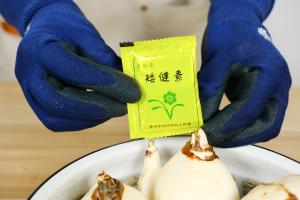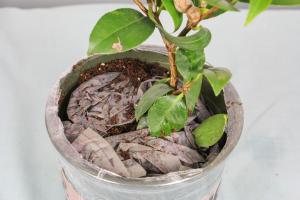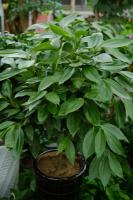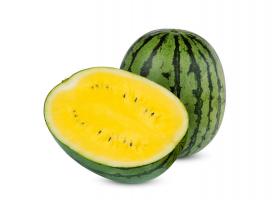Is Tap Water Okay for Plants?
As a plant owner, one of the most important things you need to consider is the type of water you're using to water your plants. While it might seem like tap water is the easiest and most convenient option, you might be wondering if it's okay for your plants. In this article, we'll explore whether tap water is suitable for your plants or if you should consider other options.
The Pros and Cons of Tap Water
Tap water is the water that comes directly from your faucet. It's the most readily available source of water for most people, but it's not always the best option for plants. One of the benefits of tap water is that it's readily available, and it's often cheaper than other options. However, tap water can also contain minerals and chemicals that might be harmful to your plants
Minerals in Tap Water
One of the most significant issues with tap water is the presence of minerals that can build up in the soil over time. Depending on where you live, your tap water might contain high levels of minerals like calcium, magnesium, and sodium. While these minerals might be beneficial for human health, they can be detrimental to plants. The buildup of minerals in the soil can cause the soil to become alkaline, which can make it more difficult for plants to absorb nutrients.
Chemicals in Tap Water
Another issue with tap water is that it can contain chemicals like chlorine, fluoride, and other additives that might be harmful to your plants. Chlorine is often added to tap water to disinfect it, but it can also harm beneficial microorganisms in the soil. Fluoride can also be harmful to plants, and it can accumulate in the soil over time, causing damage to the plants.
The Alternatives
If you're concerned about the quality of your tap water, there are several alternatives that you can consider. One option is to use filtered water, either from a water filter pitcher or a whole-house water filtration system. This can help remove some of the minerals and chemicals that might be present in the tap water.
You can also consider using rainwater to water your plants. Rainwater is often considered the best option for plants because it's free of minerals and chemicals. However, there are some things to keep in mind when using rainwater. You should be careful about collecting water from a polluted environment, and you should also ensure that your rainwater collection system is clean and free of debris.
Conclusion
In conclusion, tap water can be okay for plants, but it's not always the best option. Depending on the quality of your tap water and the specific needs of your plants, you might need to consider other options like filtered water or rainwater. Ultimately, the most important thing is to ensure that your plants are getting the water and nutrients they need to thrive.

 how many times do yo...
how many times do yo... how many planted tre...
how many planted tre... how many pine trees ...
how many pine trees ... how many pecan trees...
how many pecan trees... how many plants comp...
how many plants comp... how many plants can ...
how many plants can ... how many plants and ...
how many plants and ... how many pepper plan...
how many pepper plan...































